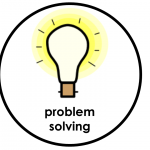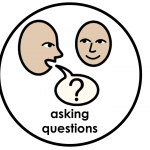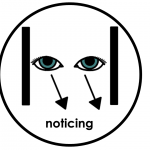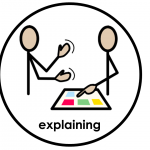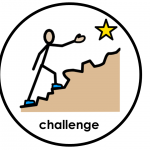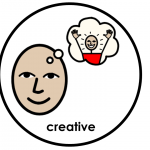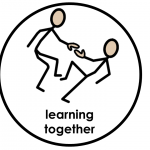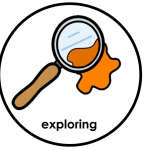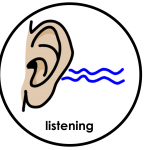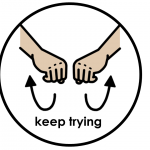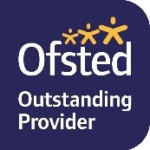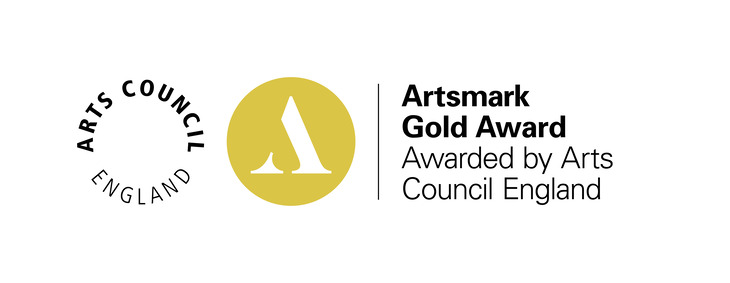Welcome to the Gosden House Primary Department

Primary Learning Learning Habits
The Gosden House School philosophy is centred on developing learners’ skills and knowledge while building self-awareness and responsibility. This can be realised through embracing a ‘Learning Power’ Culture throughout school. Within the Primary school, we have identified 10 Learning Habits, as the language for learning in classrooms. These also provide the basis for our Primary rewards, enable learners to understand and articulate their learning and build the skills necessary for the later challenges, which life will inevitably present.
Below you can find are our Learning Habit Icons:
